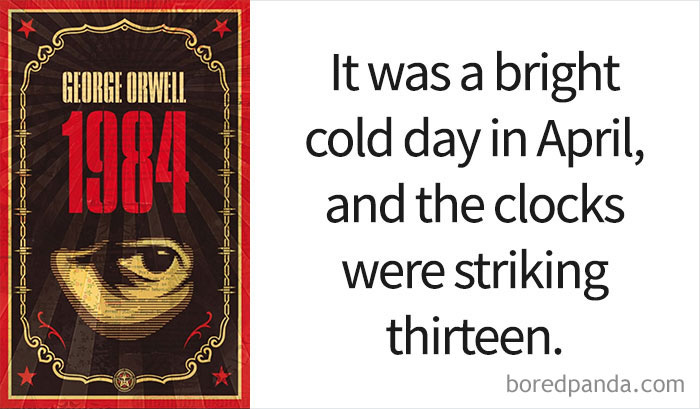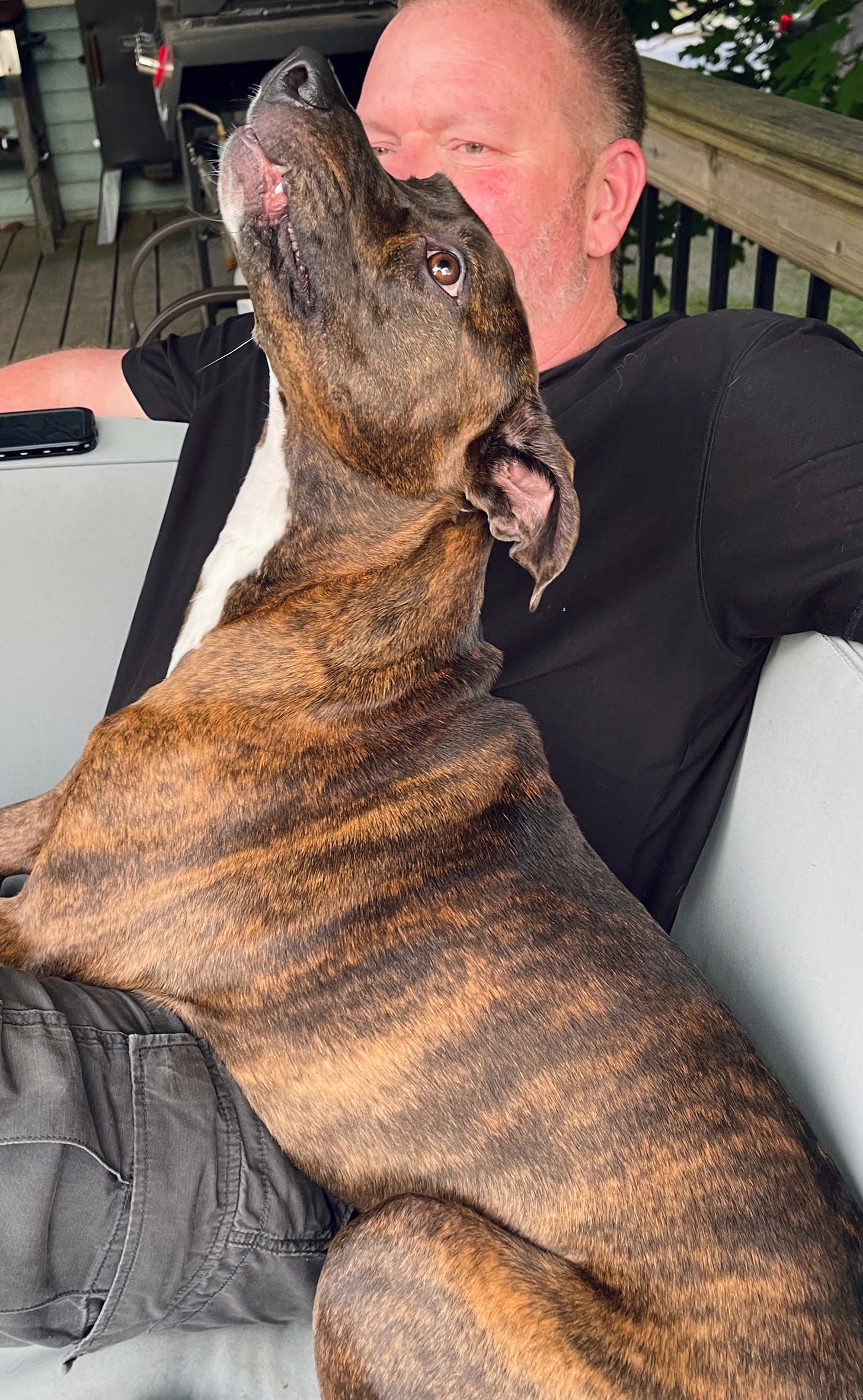The first line of your novel starts the cause and effect that becomes your book.
That's a big deal thing.
Look at this first line. You know things are weird. You know that something is about to happen on this bright, cold April day.
You think, oh, wow. Striking thirteen? What the what? What happens next? Are those clocks causing something to happen.
Here’s the thing . . .
Every Step Of Your Story Is Important
In her book, What's Your Story: A Young Person's Guide to Writing Fiction, Marion Dane Bauer writes, "Every part of your story should be an essential step along the way to the outcome." (p.53)
This Is True In Real Life Too
Just like in books, we create the story that is our life. We interact. We make decisions. We decide to do one thing and that thing makes something else happen.
There's a girl in my life who doesn't understand this concept. She does things - often naughty things - and doesn't think through to the next step, poor kid.
We're always talking about consequences for behavior. We're always talking about how you have to think through what you're doing and go on to the next step.
"When you ran away from the teacher and hid under the stairs, what did you think is going to happen?" we ask.
And the answer is always, "I didn't really think about it."
Authors Don't Get to Be Human
As authors creating plot, we don't have that opportunity. We always have to think through to the next step and the step after that. The cool thing about this is that it builds our understanding of not just the world of our stories, but the whole world around us.
Authors aren't likely to become politicians talking about pushing nuclear buttons. Except, apparently, now.
But, anyway, there's a reason for that.
It's because as creators of story, we understand all the possibilities of that story—the good and the bad. We know if we hide from the teacher, there is going to be hell to pay. We know if we threaten world leaders on Twitter, things might go down that we can't control.
Most humans who aren't writers understand cause and effect, too.
Like in my house, in the case of Marsie the Cat, her humans know that smoothing back her ears so she looks like an adorable owl means that she is going to hate us for an hour, hop off our lap, and ignore us.
See up there? That's Marsie about to hate us. Fortunately, we also know that we can win back her love with the illegal drug called catnip.
Back to Cause and Effect and Plots
Sorry! Back to writing and the brilliant Marion Dane Bauer.
"You must always be aware of what your main character is thinking, feeling, wanting. You must also know how the world looks, smells, sounds, tastes and feels to the touch. Good writing uses all the sense, all of them. Good fiction uses them from inside your main character." (p. 93)
Marion Dane Bauer
When we read, magic happens. We move inside other characters, embody them, become their experience. That's part of the reason why we need so many stories out there. The more stories, the more experiences, the more magic.
But also, when we write? Magic happens. We move inside other characters, embody them, become them. That's part of the reason why writers need to be diligent and build their worlds, piece-by-piece, symbol-by-symbol and word-by-word.
That's especially true when we're writing for kids and young adults. Kids are smart. They deserve stories built with empathy, precision, and love. But so do the rest of us humans.
Back to First Lines
The first line of your novel, short story, blog, essay? That line sets the tone for the book, hooks the reader in, and begins the cause and effect that starts your story. It's important. Make it a good one.
Pogie’s Writing Exercise of Awesome.
Write a letter to your friend or the president or somebody. The letter is all about what happens in your story. You've got this! Go!
Once you've got it done, give yourself a treat. Pogie’s favorite reward-snack is Milk-Bones. She's a traditionalist.
And now go back. Look at that first line. Did it hook the reader in?
FIRST LINE ADVICE: WAYS TO LOOK AT YOUR FIRST LINE
Make your first line surprising like Orwell's or mysterious
Look at this one by Markus Zusak, it sets a tone of mystery and the supernatural.
“First the colors.
Then the humans.
That’s usually how I see things.
Or at least, how I try.”
The Book Thief, Markus Zusak
We wonder what it is that he will try, why he tries to see? Why does this seeing matter to him? What will happen because he tries to see?
Make it shocking or funny.
This first line by Goldman is compelling because it has an inherent irony that sets the tone for the book. We wonder what is this book that the narrator never reads. What has caused that? What will it cause?
You Can Make It About Character, But Give It a Twist
And look at this one by Lewis.
“There was a boy called Eustace Clarence Scrubb, and he almost deserved it.”
The Voyage of the Dawn Treader, C. S. Lewis
What is the cause of that statement? What is the effect on the story and on the reader?
Humor, shock, drama, emotional high stakes, mysteries? These are the elements that almost always keep the readers make it to the end of that first line and then the first paragraph. But the key is that it also has to fit with the rest of the story.







